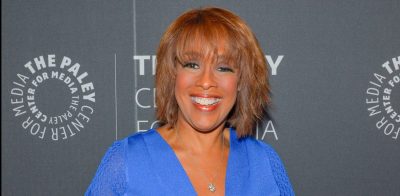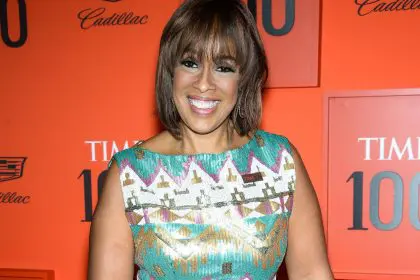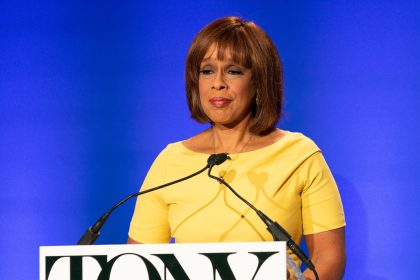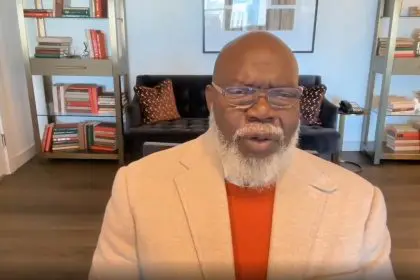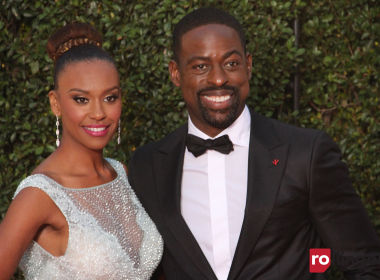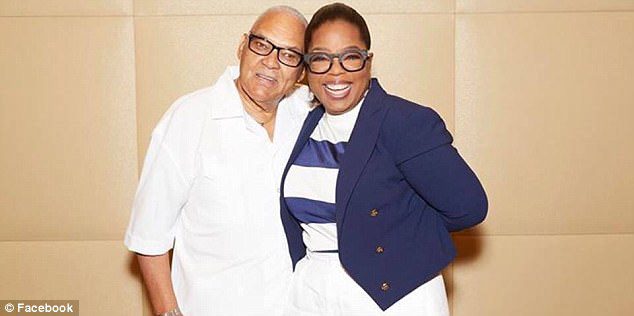
Henrietta Lacks was a cancer patient at Johns Hopkins University in Baltimore. Her cells were collected by researchers without her knowledge and have virtually revolutionized medicine and have been central to the development of vaccines, gene mapping and other breakthroughs. The problem is the immortal cells have been circulating via an underground network. According to officials, most human cells die quickly and reproduce poorly but Henrietta’s — known as “HeLa cells,” reproduce indefinitely.
The Lacks family learned of this syndication of their loved one’s cells in 1975.
Lawrence Lacks, 80, Henrietta’s oldest child and his son, Ron Lacks, are growing increasingly upset about the family’s portrayal in Rebecca Skloot’s 2010 best-selling book-turned-film The Immortal Life of Henrietta Lacks.
Skloot formed the Henrietta Lacks Foundation, a HeLa advisory board that approves requests for cells, and a small industry of talks and university appearances by Henrietta’s relatives.
Lawrence was 17 when his mother died. He was offered $16,000 to consult on the film but turned it down, because he reportedly wouldn’t be allowed to talk about his mother. He feels his mother’s legacy is surrounded by a media circus.
Not everyone in the family is dissenting. Lawrence’s granddaughters, Veronica Spencer and Victoria Baptiste, are being paid $5,000 per speech and were given positions on the HeLa advisory board.
Lawrence and his son have ticked off a list of demands: control of the Henrietta Lacks Foundation, $10 million each from HBO and Winfrey’s Harpo Films for a new foundation started in Lawrence’s name, suspension of all research funding to Johns Hopkins, and for Penguin Random House to give them an advance for their own manuscript.
Her story and theirs are told in the HBO movie that stars Oprah Winfrey as Henrietta’s daughter Deborah.
The show will air on April 21, 2017.



